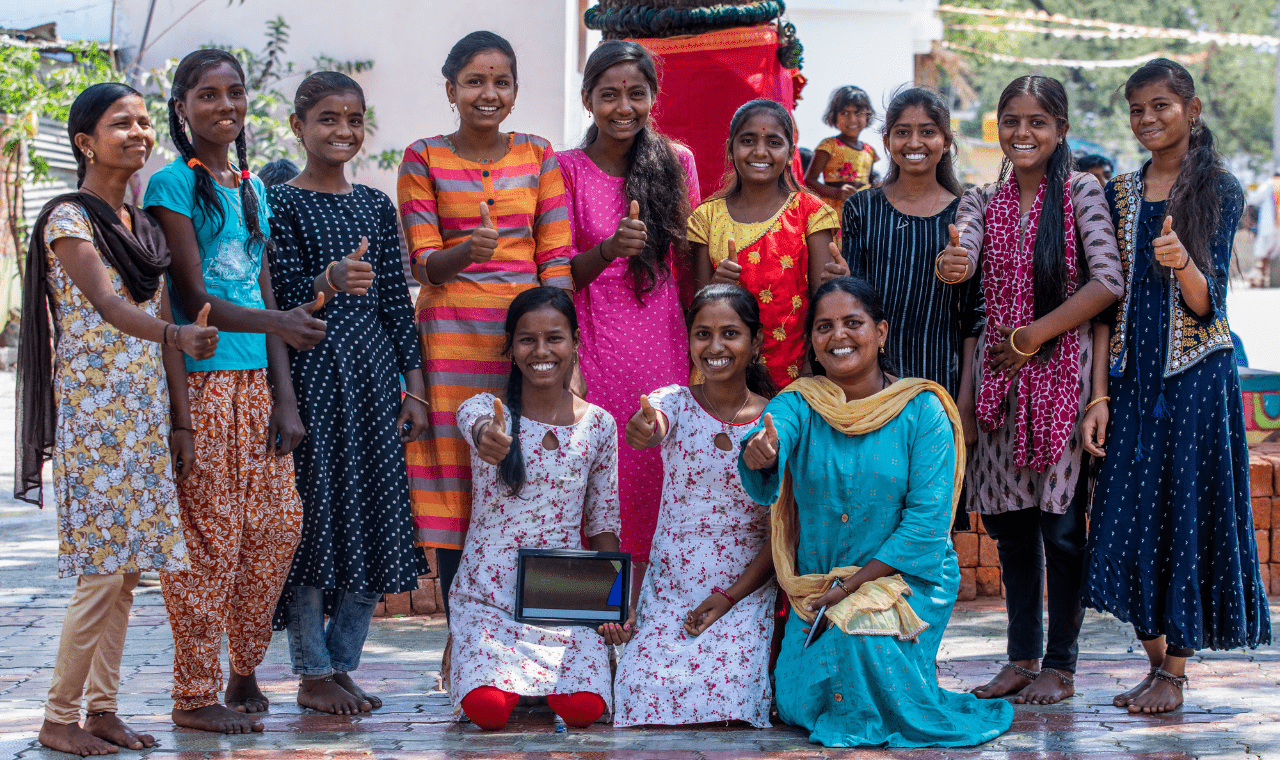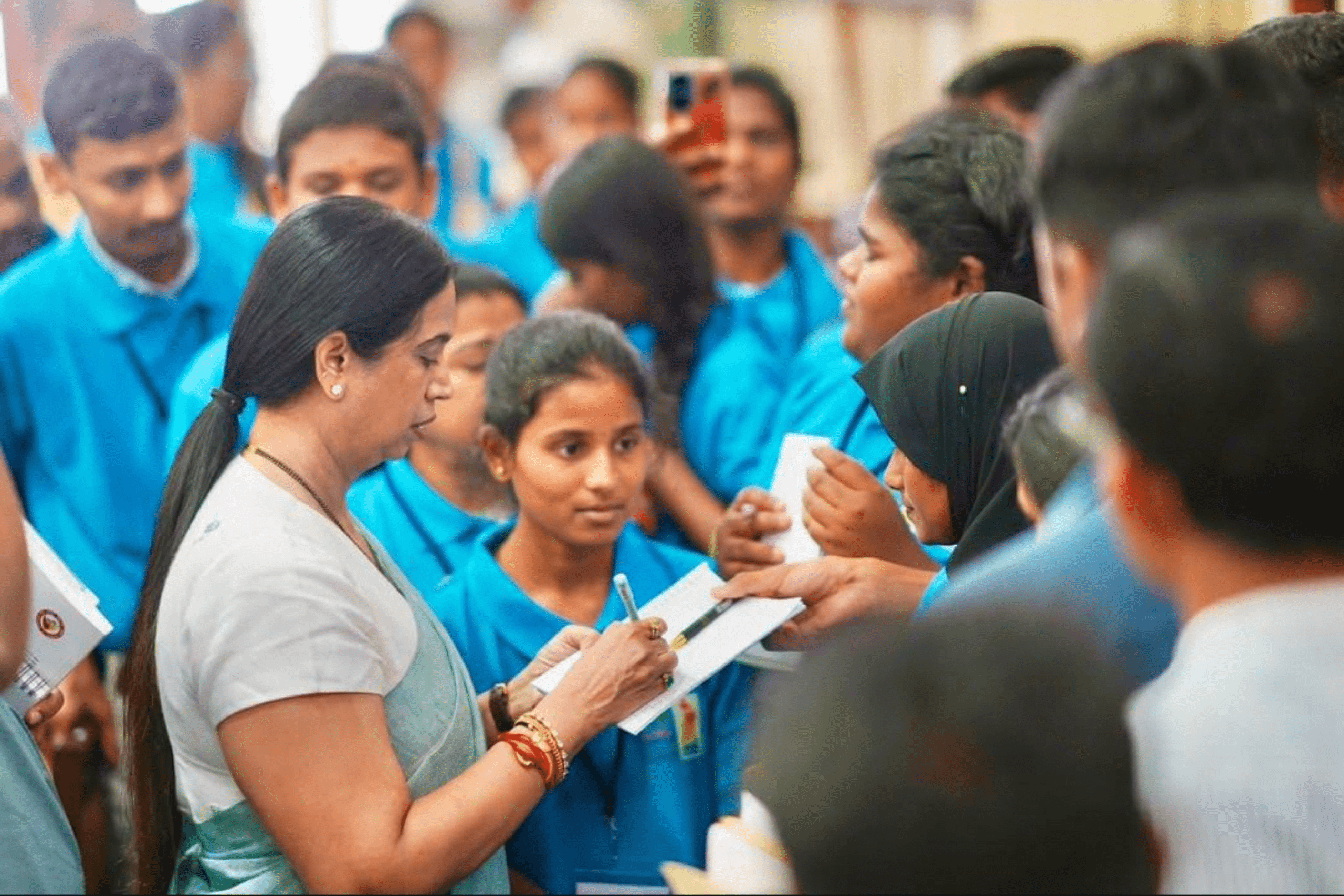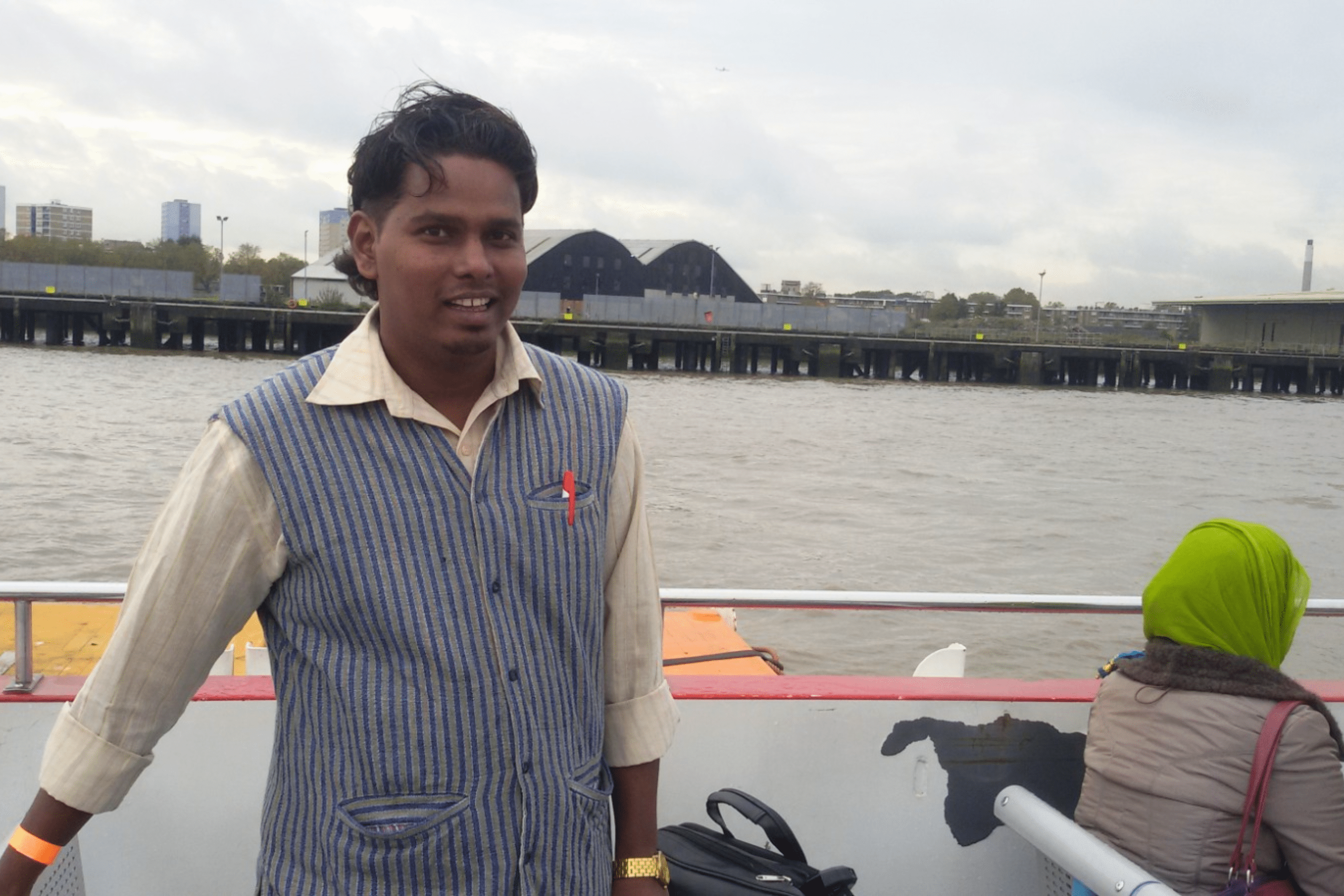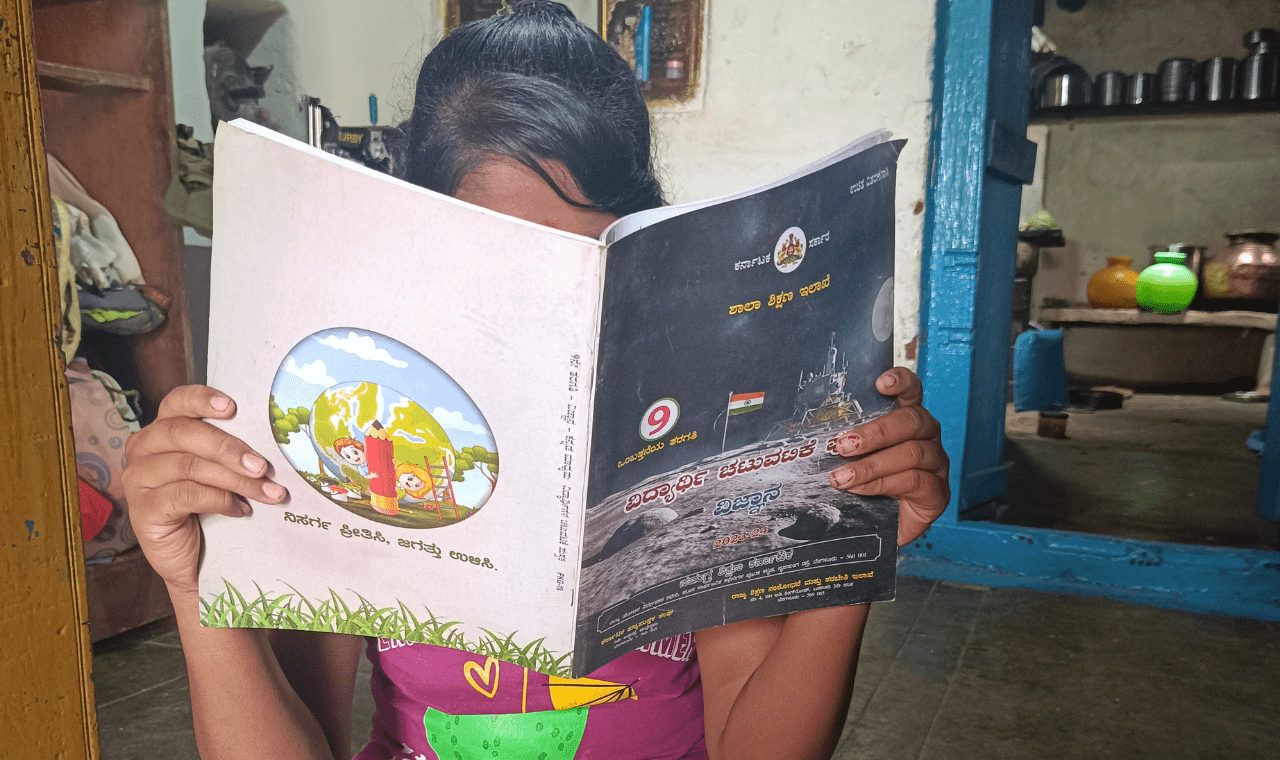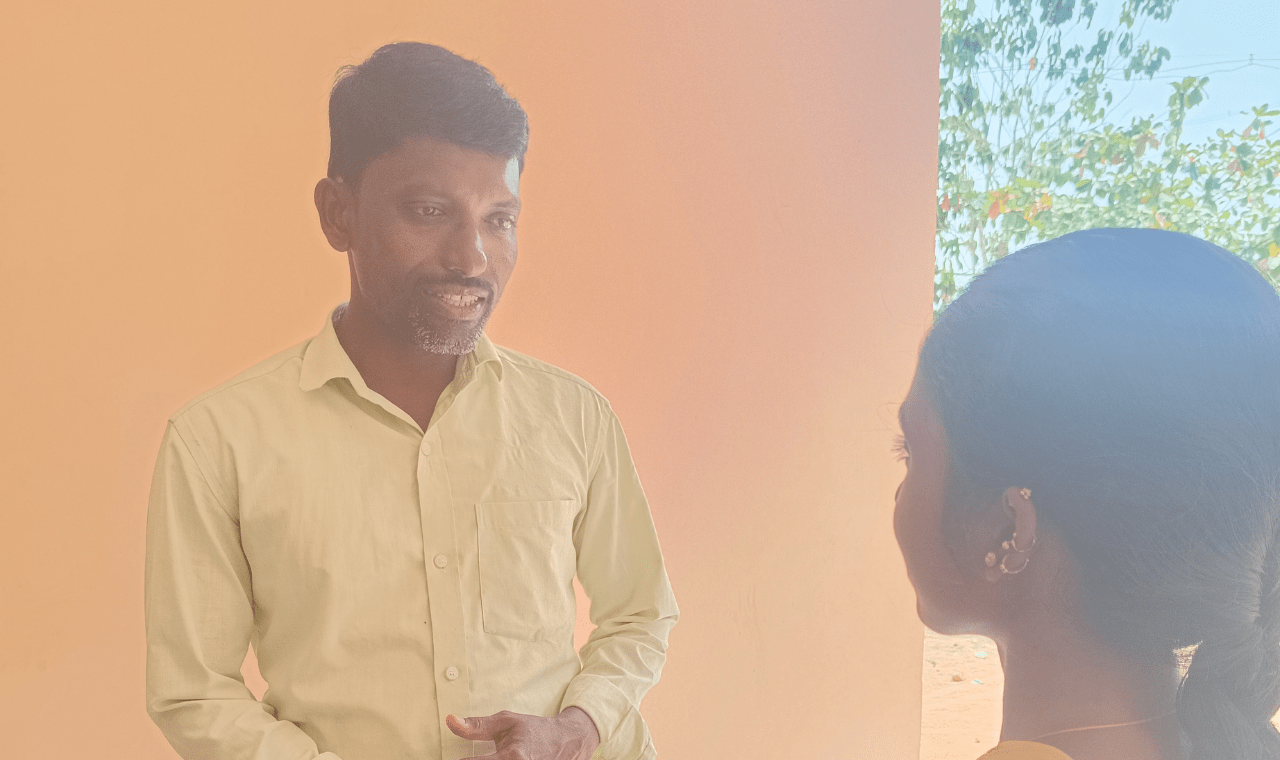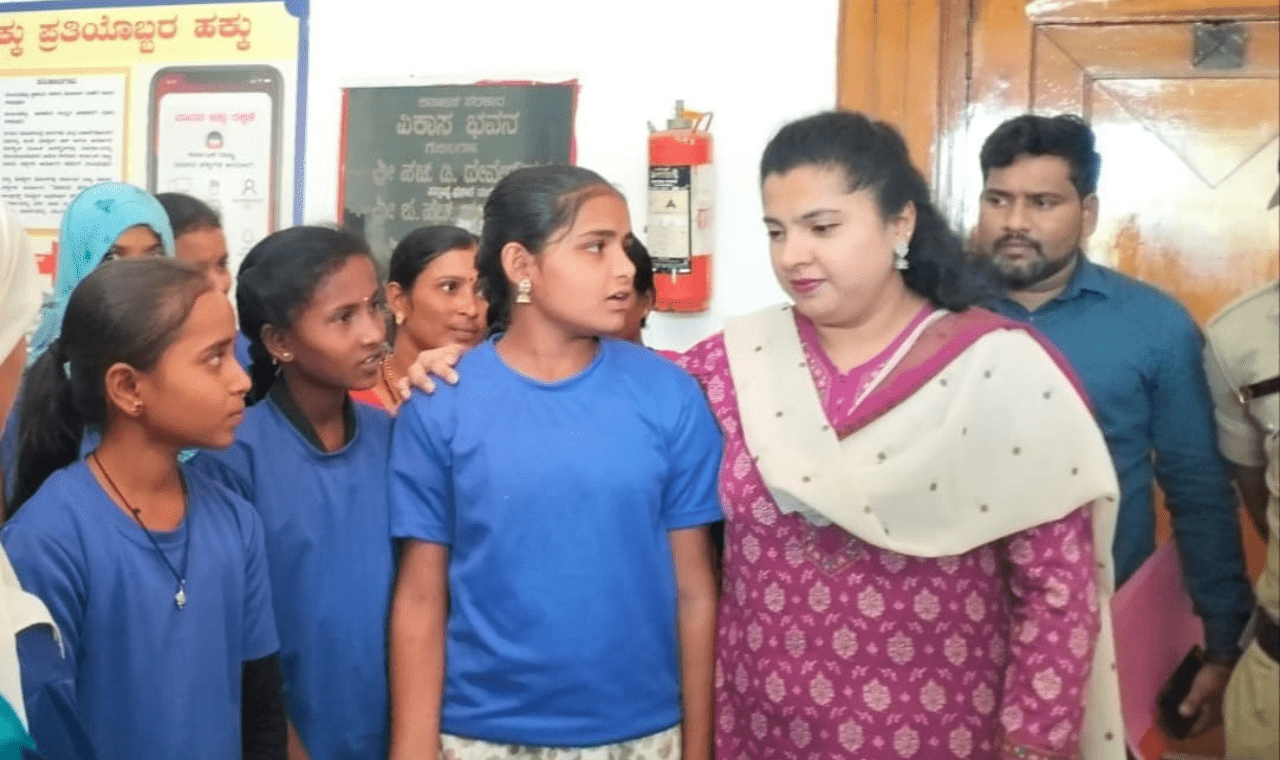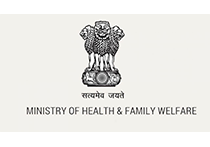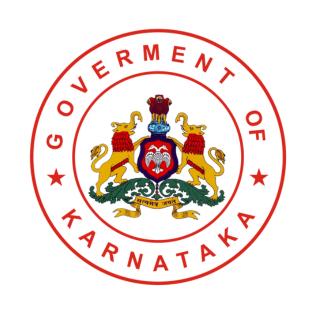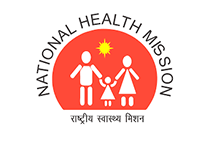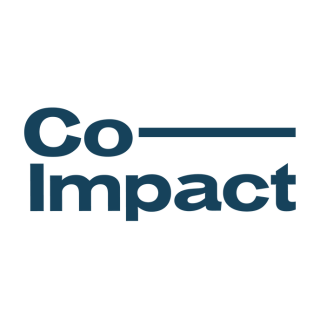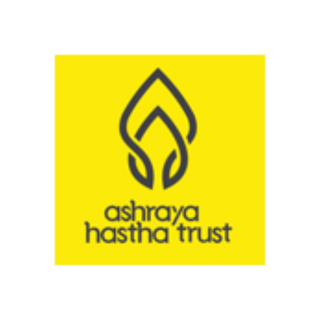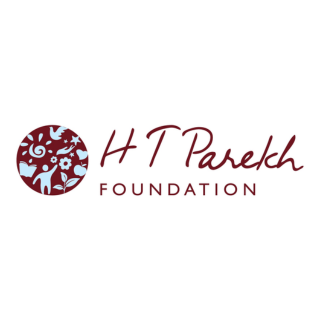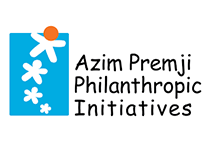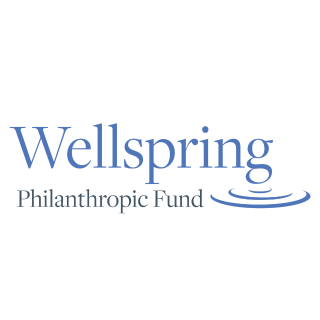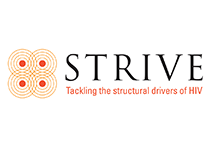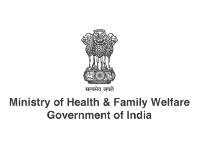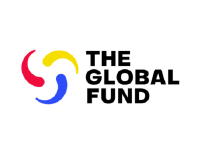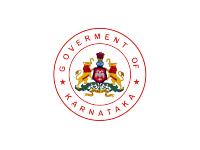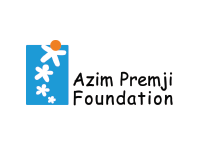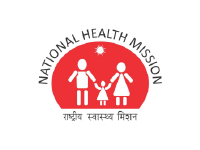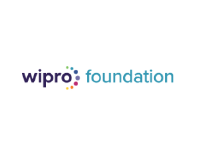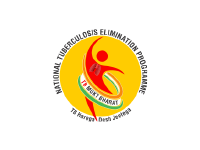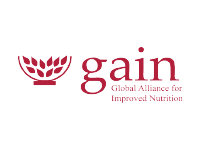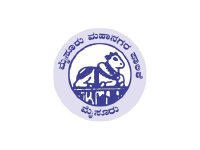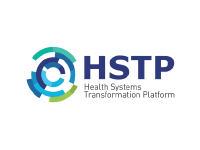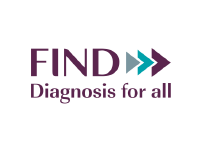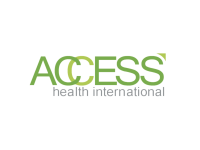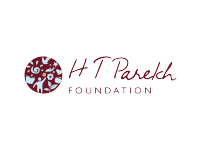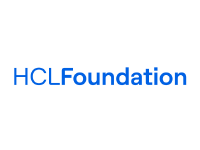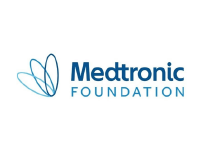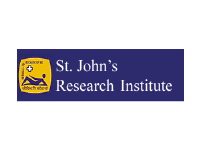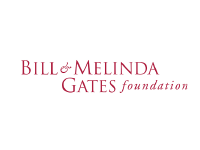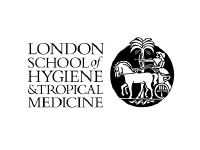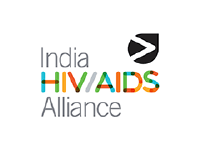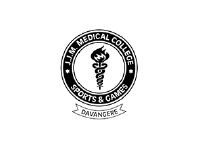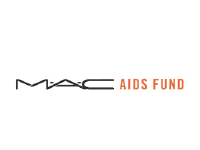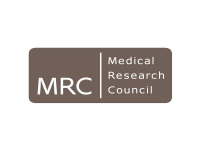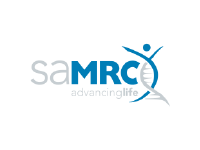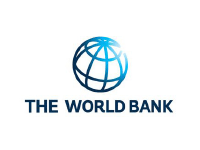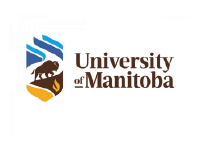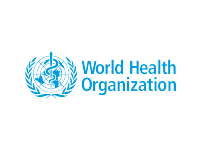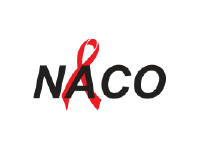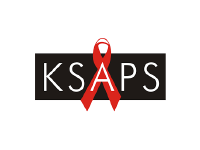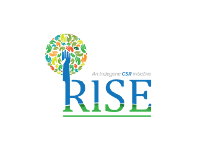Context
Adolescent girls who do not complete their education are particularly vulnerable to HIV and other health risks. Structural barriers cut short the education of many adolescent girls belonging to scheduled caste and scheduled tribe families in northern Karnataka, India.
Many girls drop out of school as a result of poverty, early marriage, a tradition of sex work and the under-valuing of girls’ education. Samata , meaning equality, aims to reduce HIV risk among adolescent girls in Bijapur and Bagalkot Districts, in north Karnataka, by increasing their rates of secondary school enrolment and completion.
The likelihood of girls from Scheduled Castes and Tribes (SC/ST) families in northern Karnataka completing secondary school is sharply diminished by family poverty, gender discrimination, the traditions of early marriage and devadasi dedication, boys’ actions and attitudes towards girls, inadequate measures to meet girls’ needs at schools and by community authorities and education officials to enforce girls’ right to education.
The rates of underage marriage are over 30% among girls from SC/ST communities in Bijapur and Bagalkot districts.
Girls who drop out of school are more vulnerable to HIV infection and other health problems, will have a larger, less healthy family, earn less than their better educated peers, and lack voice, agency and are disengaged from larger community issues.
Implementation
Samata was a programme to improve the quality of life of adolescent girls from marginalised communities in northern Karnataka, India, by keeping girls in school, delaying marriage, and reducing entry into sex work.
Reaching 3,600 adolescent girls from 1,800 families in 119 villages and 69 high schools, Samata aimed to increase the proportion of adolescent girls who enter formal secondary education, complete 10th Standard, delay their marriage and sexual debut until after 10th Standard.
To increase the numbers of girls who enroll in and complete high school, Samata:
- Provided special tuition, career counselling and leadership training to improve girls’ academic success and broaden their aspirations
- Established reflection sessions for girls to share experiences and build solidarity and confidence
- Sensitised parents to value girls and recognise the importance of educating them
- Linked families to government schemes that provide incentives for educating girls
- Used sports to encourage boys to respect girls and appreciate their rights
- Trained SDMCs and school staff to institute measures to increase girls’ safety and academic success
- Supported community structures to understand the importance of girls’ education and take action.
KHPT implemented Samata from July 2013 to 2017, in partnership with the Government of Karnataka and the World Bank with the support of UK Aid and ViiV Healthcare.
During this period, STRIVE partners KHPT and the London School of Hygiene and Tropical Medicine (LSHTM) evaluated Samata’s impact on adolescent girls’ high school entry and retention, as well as on their vulnerability to HIV.
